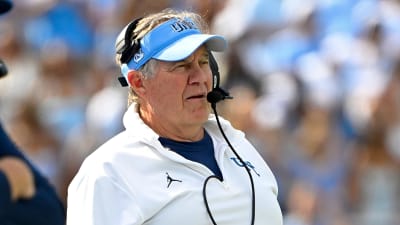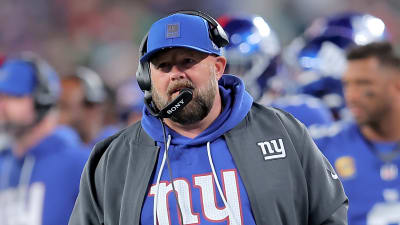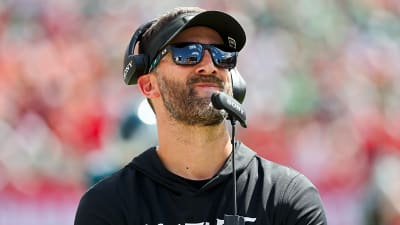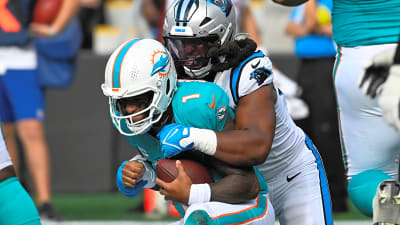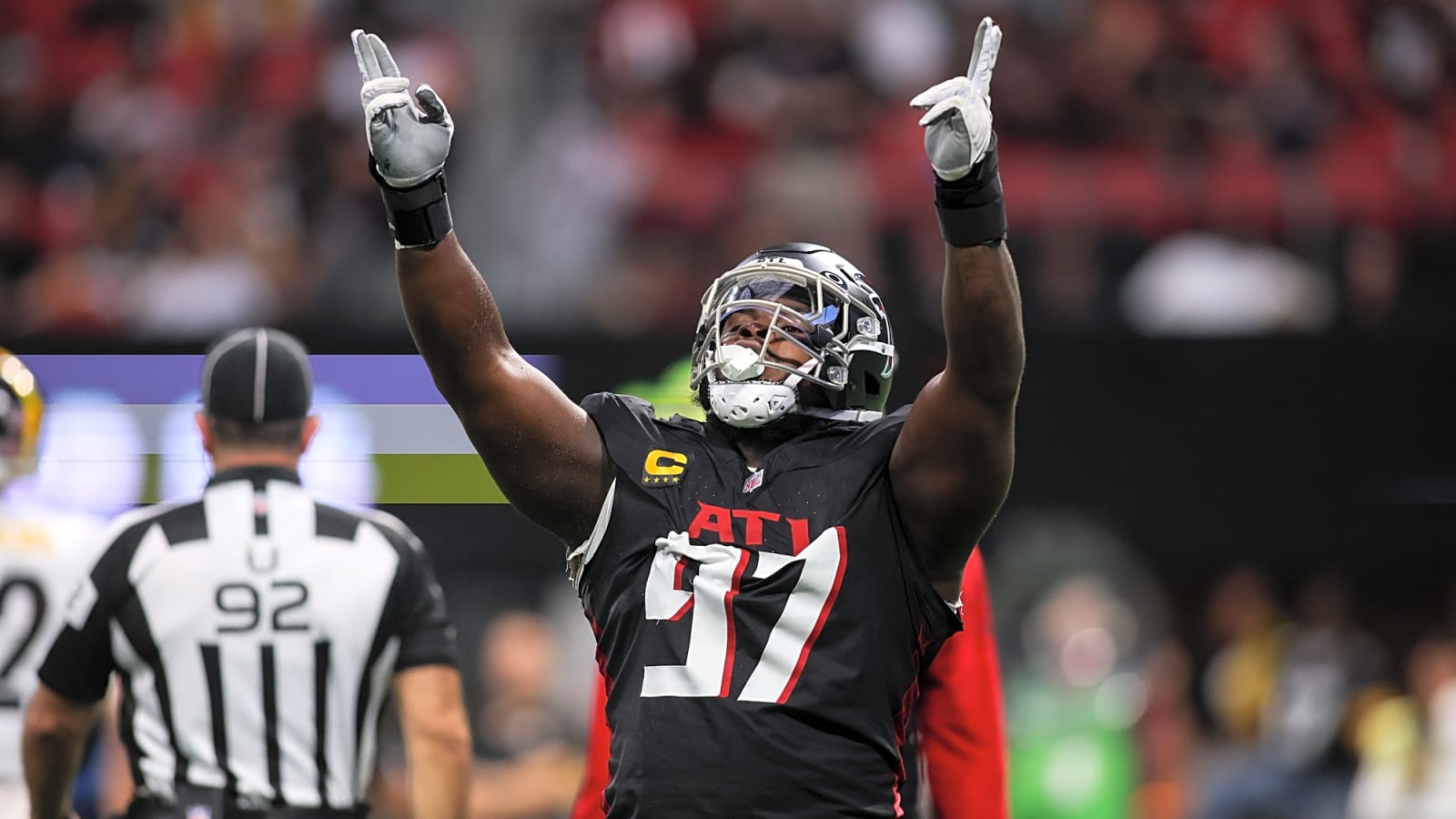
When the Chicago Bears signed veteran defensive tackle Grady Jarrett to a three-year, $43 million contract this past offseason, the move was hailed as a major step forward for a defense in desperate need of an anchor. Jarrett, a two-time Pro Bowler, was expected to be a disruptive force on the interior, a tone-setter who could pressure quarterbacks and shore up a porous run defense. However, through the first month of the season, the return on that significant investment has been minimal, leading to growing concerns among the fanbase and analysts.
Chicago Bears: High Expectations Meet a Slow Start
The Bears didn’t just sign Jarrett to be a veteran presence; they paid him to be a difference-maker. With $28 million guaranteed, the contract solidified him as a cornerstone of the defensive line. The expectation was that he would immediately elevate a unit that has struggled for years to generate consistent interior pressure and stop the run.
So far, that impact has been difficult to see. Through the first four games, Jarrett’s stat line has been alarmingly quiet. He has recorded just four total tackles and three quarterback hits, with zero sacks to his name. Playing just over half of the team’s defensive snaps, his presence has been felt more in the locker room as a team captain than on the field on Sundays.
These numbers are even more glaring when viewed through the lens of the defense’s overall performance. Heading into Week 6, the Bears’ run defense is ranked near the bottom of the league, giving up almost 165 yards per game. This is precisely the area where Jarrett was expected to make his biggest impact. His Pro Football Focus (PFF) grade of 55.7 places him in the lower tier of interior defensive linemen, a far cry from the elite disruptor the Bears believed they were acquiring.
Is Injury to Blame for the Struggles?
It’s important to consider the context behind Grady Jarrett’s slow start. At 32 years old, he is on the back end of his career and is still working his way back from a significant ACL tear he suffered in October 2023. While he played a full season in 2024, a lingering knee issue has placed him on the injury report this fall, raising questions about his explosiveness and overall health.
Coming off a bye week, his continued absence from practice is a definite cause for concern. It’s unclear whether his lack of production is due to age, the lingering effects of his injury, or simply a slow ramp-up period in a new defensive scheme.
Bears defensive coordinator Dennis Allen has pointed to injuries and a lack of continuity across the entire defensive unit as a major factor in their early-season woes. “When you have a lot of moving parts, it makes it a little bit challenging,” Allen noted. “There’s something to be said about guys being able to work together for extended periods of time.” While this is a valid point, Jarrett was brought in to be a stabilizing force, not another moving part.
The Path Forward: Turning the Season Around
While the “bust” label is starting to be whispered, it is still far too early to write off a player of Jarrett’s caliber. However, the pressure is mounting, and the next stretch of games will be crucial for him to change the narrative. Here’s what needs to happen.
1. Get Healthy
First and foremost, Jarrett needs to get as close to 100% as possible. If his lingering knee issue is limiting his ability to plant, drive, and disengage from blockers, his impact will continue to be muted. The coaching and training staff must manage his reps to ensure he is healthy enough to be effective on game day.
2. Increase Disruptive Plays
The Chicago Bears didn’t pay Jarrett for just leadership; they paid him for production. He needs to start showing up on the stat sheet. This means more quarterback pressures, more tackles for loss, and getting his first sack as a Bear. Even if he isn’t getting the sack himself, collapsing the pocket from the interior makes life easier for the edge rushers. Jarrett needs to re-establish himself as a player that opposing offensive coordinators must game plan for.
3. Elevate the Run Defense
As the anchor of the defensive line, Grady Jarrett has a direct responsibility to help fix the team’s biggest weakness. This involves more than just his own play. As a veteran leader, he needs to elevate the performance of the players around him, ensuring proper gap integrity and shedding blocks to make plays at or behind the line of scrimmage. If the Bears’ run defense improves in the coming weeks, much of the credit (or blame) will fall on his shoulders.
The next few months will be a critical test for Grady Jarrett. He has the talent, the pedigree, and the leadership qualities to be a foundational piece for this defense. But with a hefty contract comes immense pressure. To avoid his tenure in Chicago being labeled a costly mistake, he must begin to deliver the game-changing impact the Bears gambled on. The clock is ticking.
More must-reads:
- Giants QB Jaxson Dart joins unexpected company after his first three starts
- Cowboys RB out for season with knee, ankle injuries
- The 'Most starts by an NFL quarterback' quiz
Breaking News
Trending News
Customize Your Newsletter
 +
+
Get the latest news and rumors, customized to your favorite sports and teams. Emailed daily. Always free!
